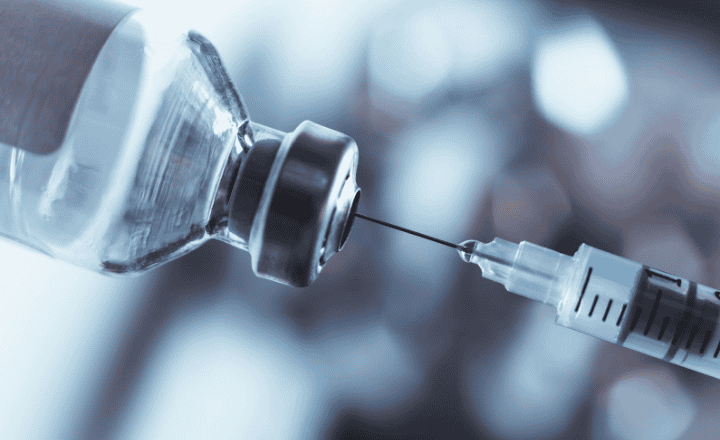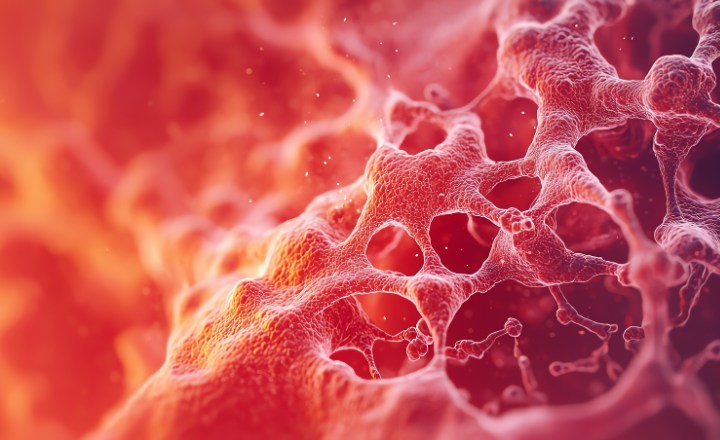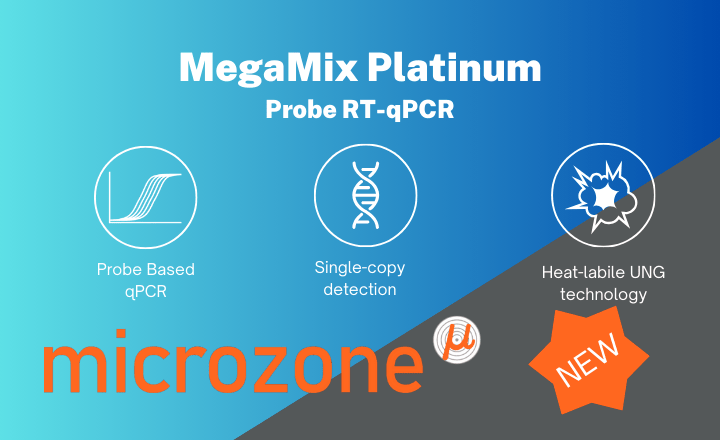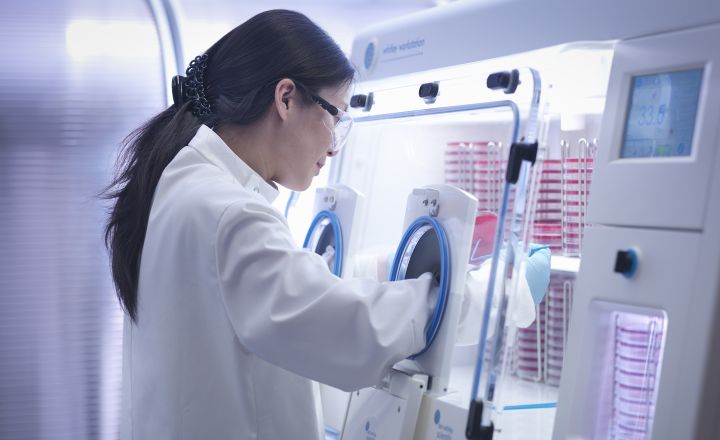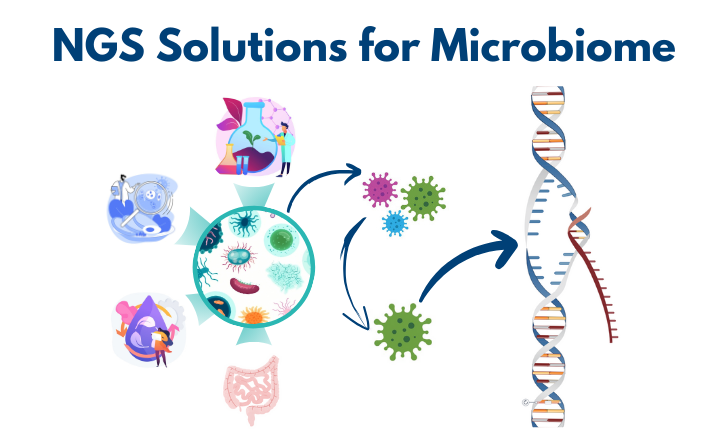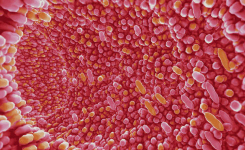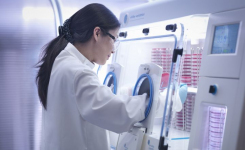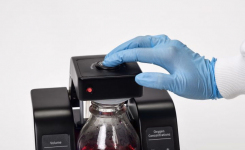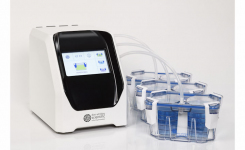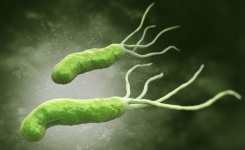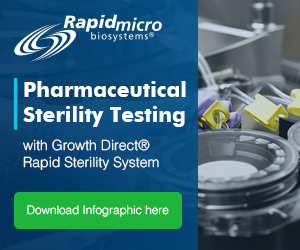During the COVID-19 pandemic, vast amounts of time and resources were allocated to vaccine research, including identifying factors that may increase or decrease the immunogenic potential of vaccines. There is now a well-established link between the infant gut microbiota and vaccine efficacy1. With infants receiving numerous vaccines and having a lower functioning immune system than adults, it is imperative that vaccines perform to their highest potential, hence why they are often the cohort for gut microbiome and vaccine studies. In infants, the gut microbiota promotes the humoral and cellular immune responses to vaccines by supporting the development and maturation of B cells that produce immunoglobulin (IgA) and memory plasma cells1. The gut microbiota also promotes antigen-specific T-cell responses via type I interferon production by plasmacytoid dendritic cells1.
Research using in vivo models has shown that disrupting the gut microbiome with antibiotics led to poorer humoral responses to vaccine treatment due to a reduction in Th1 and Th1 responses as well as lower production of IgM and IgG1. Interestingly, after the subjects received faecal microbiota transplants, this impairment was reversable and immunogenic function was restored1. The abundance of certain bacteria has been linked to different immune responses to vaccines; in a cohort of Bangladeshi infants, positive tetanus, hepatitis B and oral polio vaccine effects were observed in those with a high abundance of Actinobacteria, but a poor response was seen in those with a high abundance of Enterobacteriaceae1. These children were studied 2 years later, and it was found that those with a high abundance of Bifidobacterium sp., a common gut commensal in infants, had positive vaccine effects and had detectable CD4+ T-cell responses as well as IgG and IgA1.
A review written by Rossouw et al. investigated the role of the gut microbiota in vaccine response, including, COVID-19 vaccines2. Studies have identified a link between the gut microbiota and COVID-19 vaccine efficacy, with Bifidobacterium, Bilophila, Roseburia, and Alistipes all having a strong association with COVID-19 vaccine immunogenicity2. Moreover, research has investigated the effect of antibiotics, which disrupt the gut microbiome, and COVID-19 vaccine efficacy, and it was reported that subjects exposed to antibiotics within a 6-month period exhibited reduced seroconversion rates post-vaccine – however it was important to note that seroconversion rates were restored after the second COVID-19 vaccine dose, suggesting that the pre-existing gut microbiome disruption, caused by the antibiotic treatment, may have hindered antibody development2.
Pandemic outbreaks like COVID-19 pose significant health challenges, making effective vaccination crucial. Research aims to improve vaccine efficacy by considering the gut microbiome's impact and developing interventions for those with lower immune responses, benefiting public health overall.
Written by DWS Microbiologist, Kirsty McTear
Explore more scientific articles with the DWS free Published Paper database
References
- Jordan A, Carding SR, Hall LJ. The early-life gut microbiome and vaccine efficacy. The Lancet. 2022 Oct;3(10):E787–94.
- Rossouw C, Ryan FJ, Lynn DJ. The role of the gut microbiota in regulating responses to vaccination: current knowledge and future directions. FEBS Journal. 2024 Aug 5;292:1480–99.


